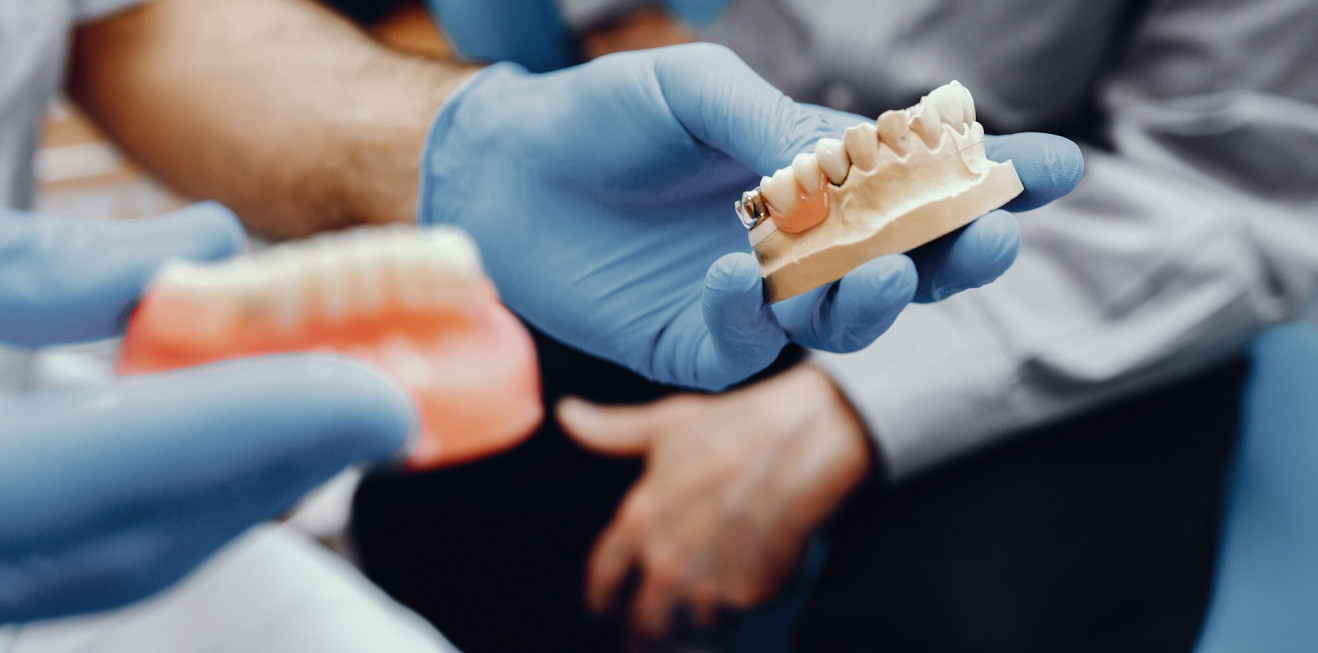
Prosthodontic Treatments: Rebirth of Smiles
A smile is a crucial means of communication among individuals, and healthy teeth form the foundation of this communication. However, for individuals experiencing tooth loss, their smiles may not appear complete and natural. Prosthodontic treatments provide effective solutions to correct the aesthetic and functional losses caused by tooth loss.
Types of Prosthetic Teeth and Applications
Complete Dentures (Upper and Lower Dentures):
Partial Dentures:
Hybrid Dentures (Fixed Prosthetics):
Implant-Supported Dentures:
Implementation Process of Prosthetic Teeth Treatment
Examination and Planning:
Preparation Stage:
Impression Taking:
Provisional Prosthetic Application:
Final Prosthetic Application:
Advantages of Prosthetic Teeth Treatments
Aesthetic and Natural Appearance:
Functional Improvement:
Increased Confidence:
Long-Term Solution:
Conclusion
Prosthodontic treatments offer an aesthetic and functional solution for individuals experiencing tooth loss. Modern dental technology allows patients to regain a natural smile and facilitates their daily lives. However, it is crucial to determine an appropriate treatment plan and collaborate with an expert dentist before undergoing prosthetic teeth treatment.